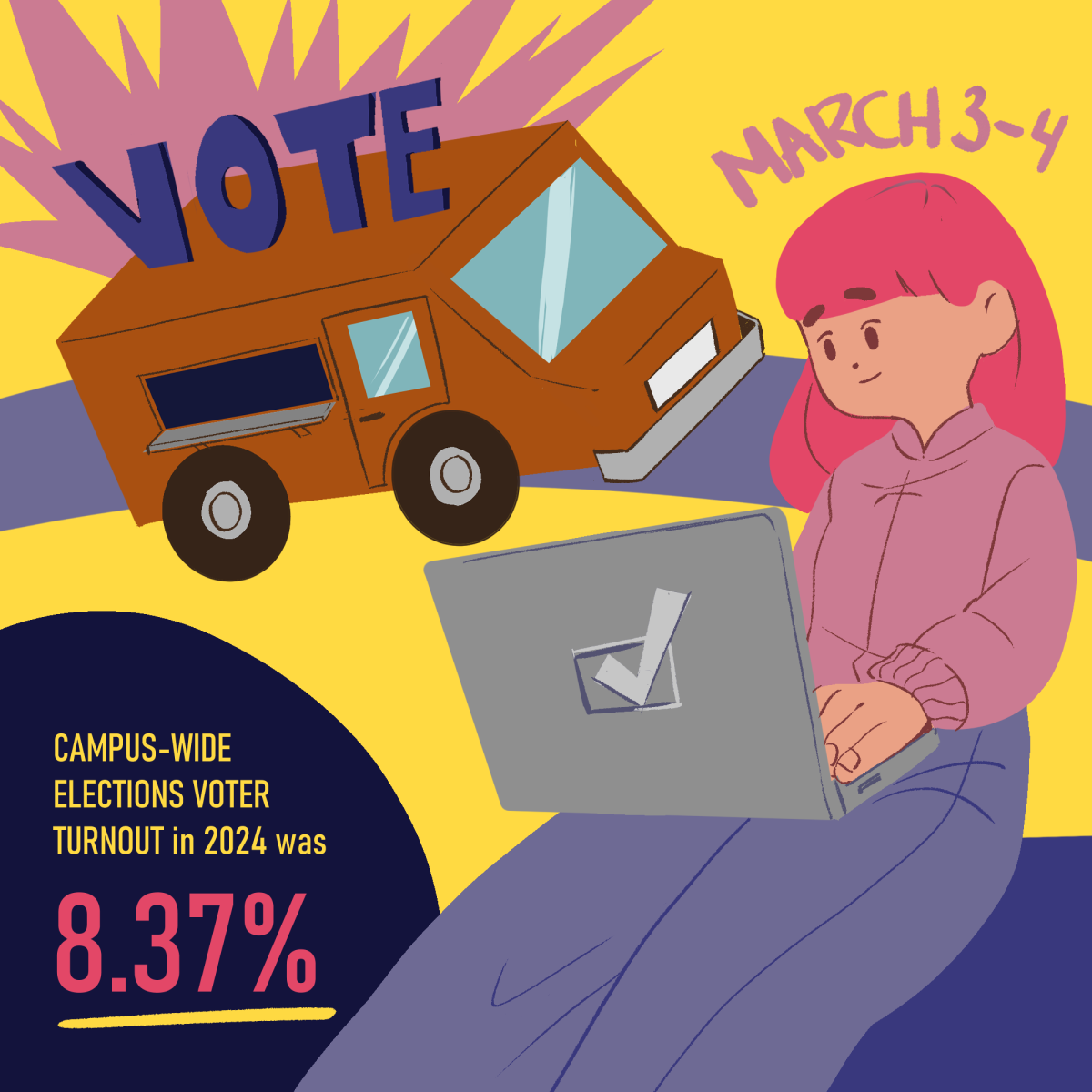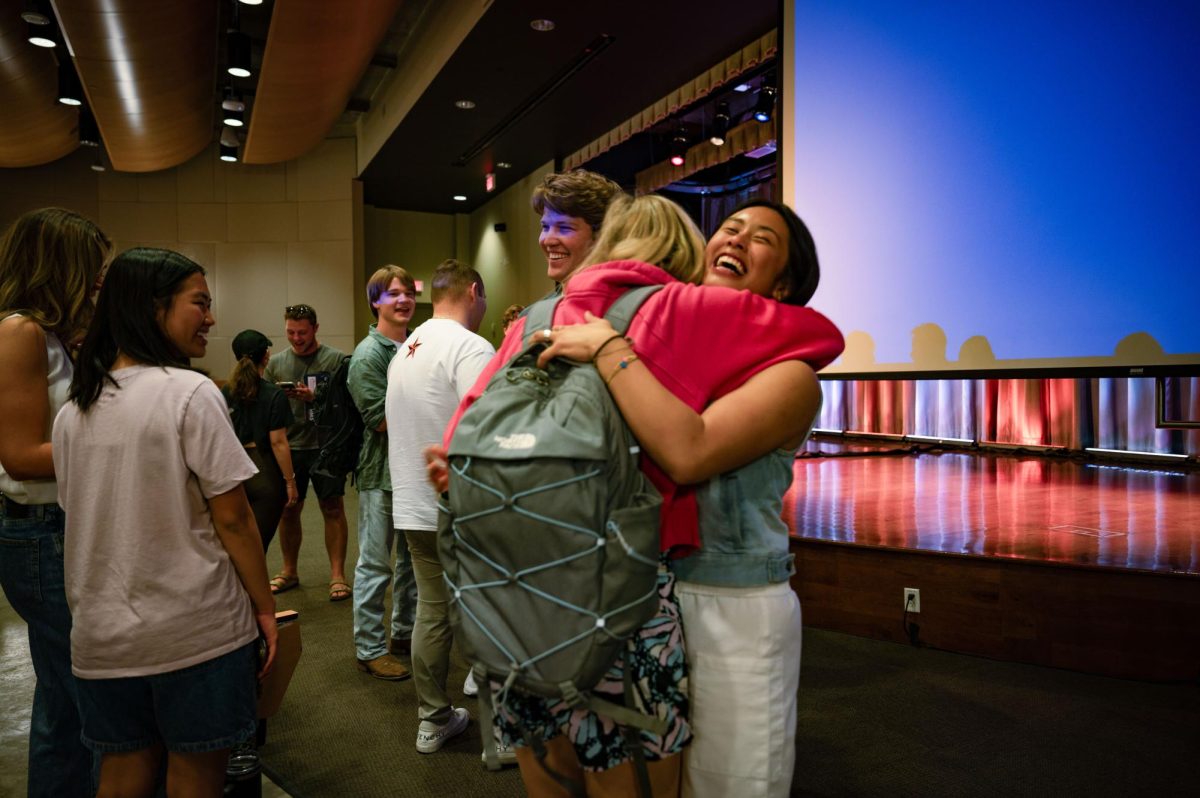An affiliation with an anti-sweatshop nonprofit group is not enough to ensure that all UT apparel is made only under ethical working conditions, said students in a meeting with UT’s trademark licensing department on Monday.
After the Oxfam and Students Against Sweatshops protest on Nov. 8, assistant athletics director Craig Westemeier agreed to meet with three members of the groups to discuss the University’s potential affiliation with the Worker Rights Consortium, a global labor rights organization.
UT is currently affiliated with the Fair Labor Association, a nonprofit group seeking to end sweatshops in factories. Westemeier serves on the association’s board.
“We’re certainly going to take into account the information that the students we spoke with today provided,” he said. “We’re going to take a look at it and do what we think is best for the University.”
The consortium is composed of students, university administrators and independent labor rights experts. The Fair Labor Association consists of students, university administrators and representatives from major corporations such as Nike.
The association’s inclusion of corporate representatives creates a potential conflict of interest, which is why Oxfam and Students Against Sweatshops feel that an affiliation with the consortium would be more effective, said Latin American studies senior Caitlin McCann, co-president of Oxfam UT.
“Because corporations are tied up in this process of monitoring, anyone from the outside looking at this on paper would say, ‘You have representatives from a company sitting on a board meant to monitor that same company,’” she said.
UT Student Government voted in favor of the University’s affiliation with the Consortium in April. The University has been affiliated with the Fair Labor Association for 11 years. During that time, the University has made steady progress toward protecting workers’ rights and improving working conditions worldwide, UT athletics director Chris Plonsky said in a Nov. 19 letter to the student groups.
“We’ve made progress, and we’ve had growth,” Westemeier said. “The FLA has been effective. If you can have a collaborative effort where you bring everybody to the table, you make better strides and help make change.”
Corporations sitting on the association’s board are convincing reasons why an affiliation with the group is not the best possible choice, said international relations and global studies junior Billy Yates, a member of Students Against Sweatshops.
“This is what we see as a better alternative,” he said. “As students that go here and pay tuition and the voices of the University, this is how we feel. We just want something that’s better.”



















